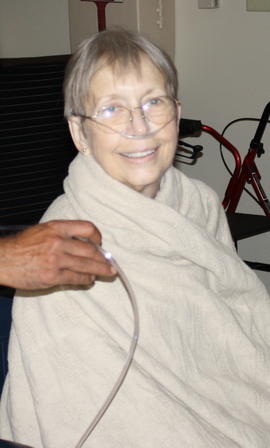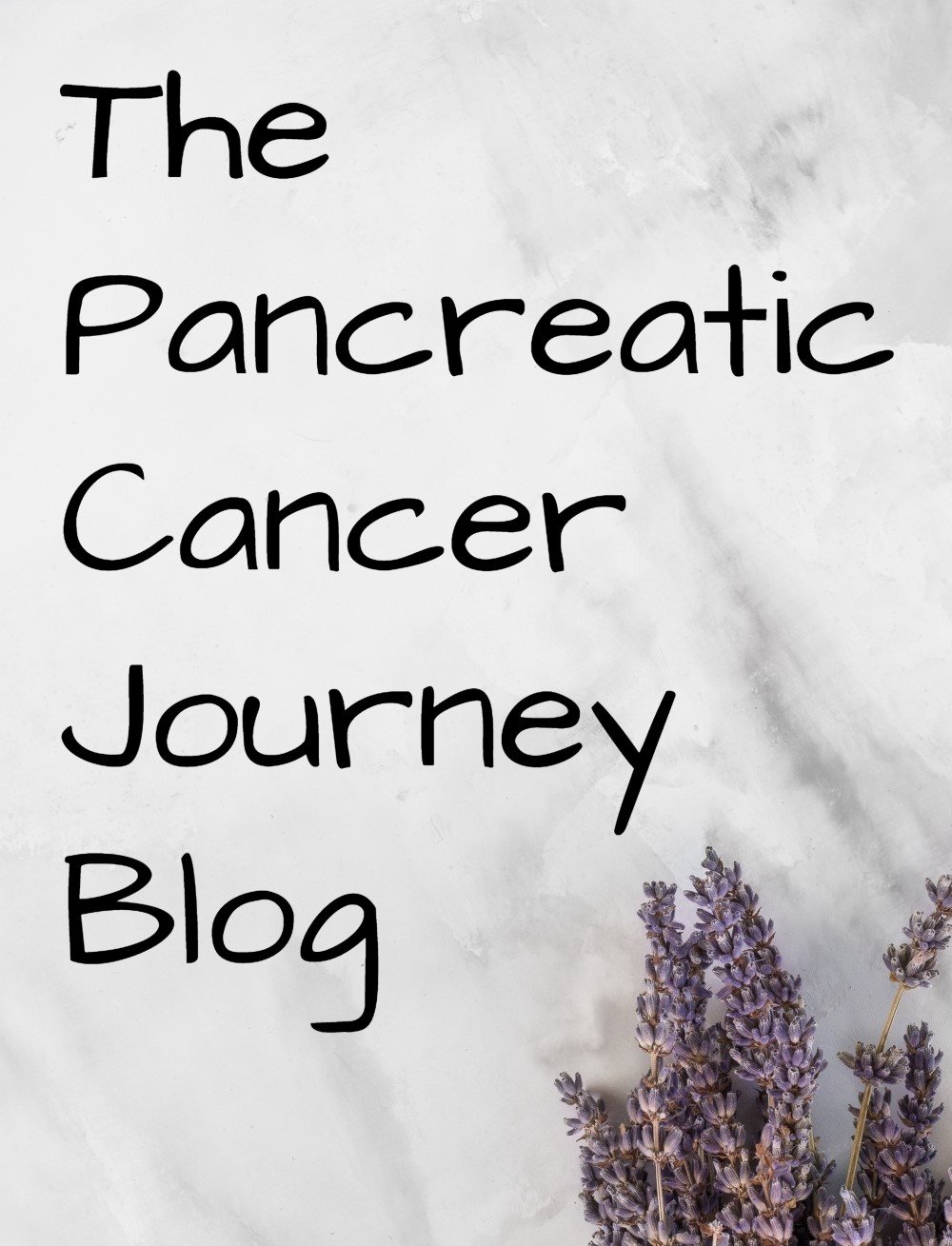The Low White Blood Cell Count Saga
White blood cells are one of 3 types of blood cells in your body. A low white blood cell count is one of the side effects of cancer treatment, along with low red counts and low platelet counts. For a basic primer on low blood counts in general, check here.
White blood cells help your body fight infection. Simple. Except when something sabotages your white blood cells (WBCs), like chemotherapy. Most chemos are hard on your blood cells and when they destroy the white blood cells it can lead to a low white blood cell count. And that can lead to all kinds of problems.
First, let me better explain white blood cells. There are actually 5 different kinds of white blood cells. You knew it wouldn’t be simple, right? Good news, only your doctor needs to know all their names. But just in case you’re curious, there are neutrophils, esosinophils, basophils, lymphocytes and monocytes. Each type of white blood cell and their actual count, gives your doctor a good idea of how your immune system is holding up.
A normal total white blood cell count is 4-11. When the number drops below 4, it is considered to be a low white blood cell count.
You may hear your doctor use words like neutropenia, leukopenia or thrombocytopenia. These are just fancy words for a low white blood count. Wouldn’t it be so much easier if everyone just spoke plain English?!
Chemotherapy can zap your white blood count. When that happens, your body can’t fight off infections very well and your defenses are down. With a low white blood cell count, it’s easy to pick up any bug, virus, fungus, or bacteria. And that’s not good.
The two biggest things to watch out for when you have a low white count are:
1) Fever

2) Chills

These indicate infection and a quick call to your doctor is in order. Mom does the dance with a low white count every chemo cycle. We have learned to be extremely careful about exposing her to known infections. Everyone knows not to come around if they have so much as the sniffles. She doesn’t get out to the mall, the grocery store or restaurants when her white blood count is down.
One other side note: Avoid dental work, even dental cleanings when your white blood cell count is low. We learned this the hard way. Mom had her teeth cleaned in July 2011 and within a month was very ill with a bacterial infection known as streptococcus viridians. It is a common bacteria found in your mouth and digestive system. Unthinking, we didn’t make the connection until the infectious disease doctor asked directly about any recent dental work. Duh… As a retired nurse, mom knew the drill. Anytime you have a suppressed immune system you need to let your dentist know and they will put you on a pre-emptive round of antibiotics to prevent such infections from occurring. Perhaps you can learn from one of our nastier “bumps in the road.”
Some oncologists like to take another measurement of your white blood cells. It’s called the Absolute Neutrophil Count (ANC). It helps your doctor assess your risk of infection. Mom’s doctors don’t routinely check it, but yours may.
Here is a basic outline of your risk of infection based on your ANC:
ANC greater than 1500 - No increased risk of infection
ANC 10-15 - Slight increase in risk of infection
ANC 5-10 - Moderate increase in risk of infection
ANC 1-5 - High risk of infection
ANC less than 1 - Extremely high risk of infection
There are medications your doctor may prescribe to help decrease your risk of having a low white blood cell count during treatment. The most common one is Neupogen.
With common sense and a strict hygiene protocol, mom has avoided most major complications due to a low white count, but it is an ever present threat.
Her health is already in a fragile state, pancreatic cancer is a relentless enemy. Compounding her body with more infections only gives pancreatic cancer an unnecessary advantage. That we are not going to do!
Return to Side Effects of Cancer from Low white Blood Cell Count
Return to Home Page for Pancreatic Cancer Journey
Copyright © PancreaticCancerJourney.com
Nothing on this website should be construed
to constitute medical advice.




